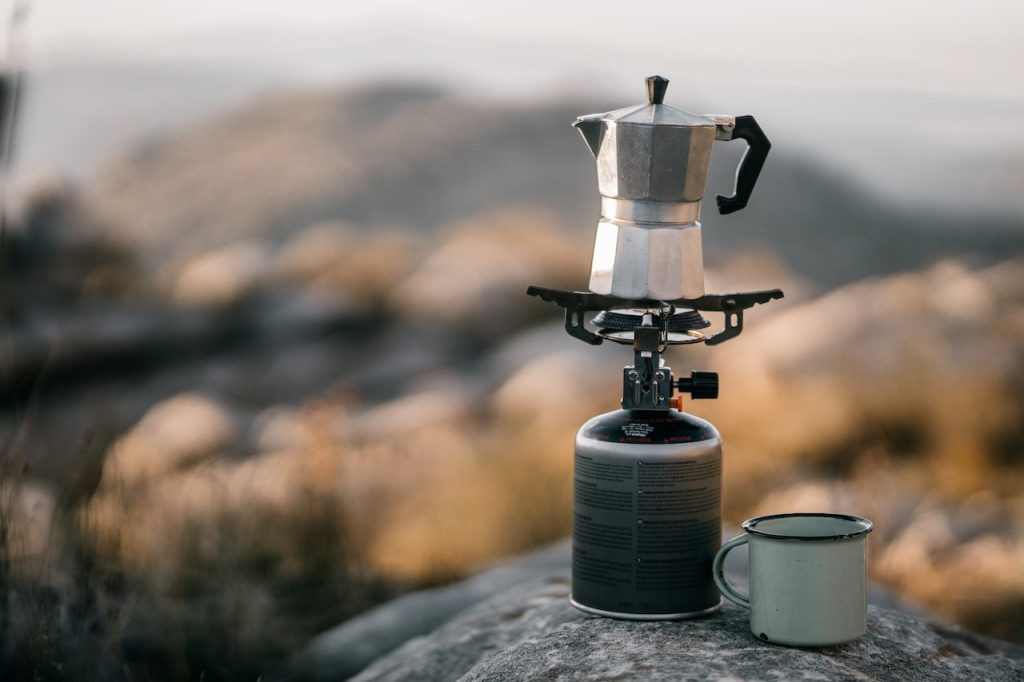When it comes to camping, one of the most essential items to bring along is a reliable camping stove. A camping stove provides you with the means to cook delicious meals, boil water, and enjoy warm drinks even in the wilderness. In this blog, we’ll explore the benefits of a camping stove, the different types available, and important considerations for choosing the right stove for your outdoor adventures.
- Convenience and Versatility: A camping stove offers unmatched convenience compared to traditional campfires. With a camping stove, you can quickly and easily set up a controlled cooking area without the need to gather firewood or build a fire from scratch. It allows you to prepare a variety of meals, from simple one-pot dishes to more elaborate cooking, depending on the stove’s features.
- Types of Camping Stoves: a) Propane Stoves: Propane stoves are popular among campers due to their convenience and efficiency. They use propane canisters as fuel, which are readily available and easy to attach to the stove. Propane stoves provide consistent heat output and are suitable for various outdoor activities.
b) Butane Stoves: Butane stoves are known for their compactness and portability. They utilize butane canisters as fuel and are often lightweight, making them ideal for backpacking or camping trips where space is limited. Butane stoves are easy to operate and offer a reliable heat source.
c) Liquid Fuel Stoves: Liquid fuel stoves, such as those using white gas or kerosene, are highly versatile and can operate in extreme weather conditions and high altitudes. They offer excellent heat output and are preferred by experienced campers and mountaineers who require a reliable stove in challenging environments.
- Key Considerations: a) Fuel Efficiency: Look for camping stoves that provide efficient fuel consumption, allowing you to cook multiple meals on a single canister or tank. This not only saves you money on fuel but also reduces the weight of your gear.
b) Cooking Power: Consider the heat output or BTU (British Thermal Unit) rating of the stove. Higher BTU ratings indicate greater cooking power and faster cooking times. Choose a stove that suits your cooking needs, whether you prefer fast boiling or slow simmering.
c) Stability and Durability: Look for stoves with sturdy construction and stable designs, especially if you plan to use larger pots or cookware. Ensure the stove has a strong support system and a wide base to prevent accidental tipping.
d) Portability: Consider the weight and size of the stove, especially if you’ll be carrying it during hiking or backpacking trips. Compact and lightweight stoves are easier to transport and store.
- Safety Precautions: Always follow safety guidelines when using a camping stove. Keep flammable materials away from the stove, operate it on a stable surface, and use caution when connecting fuel canisters. Never leave a lit stove unattended and make sure to properly extinguish the flame before packing it away.

